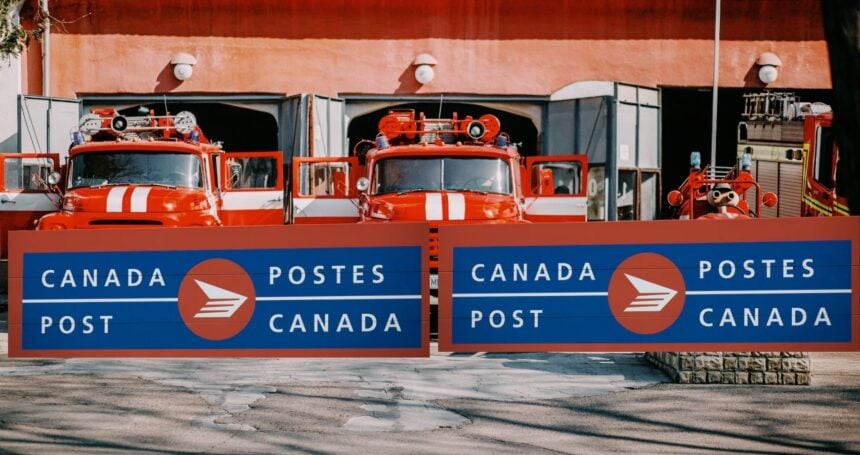Canada Post says it plans to present new global offers to the Canadian Union of Postal Workers as early as next week, a shift that could pull one of the country’s longest running labor disputes back from the brink as retailers gear up for the holiday shipping rush.
The Crown corporation disclosed on Sept. 18 that it will answer the union’s recent proposals with revised packages for both the urban operations and the rural and suburban mail carrier groups, with full legal language in tow to get bargaining back to the table.
The move marks the first concrete sign of momentum since early August, when CUPW members voted to reject Canada Post’s previous final offers.
Results published by both sides show nearly seven in ten voting members turned the package down, leaving the parties to spar over costs, work rules, and service commitments through late summer under the eye of federal mediators.
The dispute has already seen a nationwide overtime ban and sporadic job actions, along with warnings from Canada Post about potential delays if the conflict escalates.
In a bulletin on Thursday, union president Jan Simpson said the employer told mediators it would bring new global offers next week and added a pointed reaction, It’s about time you responded.
The union has argued for wage gains that keep pace with prices, stronger protections for health and safety, and guardrails around staffing and scheduling.
It has also pressed Canada Post to invest in public service mandates, such as expanded parcel pickup and neighborhood services, which it says could help rebuild volumes and community relevance.
Canada Post has framed its aims around stabilizing operations and addressing structural challenges as households send fewer letters and competition in parcels intensifies.
In recent updates, the company has said it needs room to redesign how work is organized to manage costs and modernize delivery while minimizing the impact on employees.
The forthcoming offers are intended to move the process forward and give workers a clear vote on a complete, legally drafted agreement.
Even without a nationwide work stoppage, any uptick in job action can ripple through supply chains. Retailers typically front-load promotions, build safety stock, and diversify carriers heading into the fourth quarter.
A breakthrough at the bargaining table would reduce the need for those contingency costs. A setback could push more volume to private couriers and regional carriers, with mixed implications for shipping rates and delivery times.
Ottawa has already played a role by ordering a vote on the earlier offers and appointing mediators. If talks stall again, pressure for further intervention could grow, especially if service levels wobble in the lead-up to the holiday period that calculus is complicated by Canada Post’s finances.
The company has warned repeatedly that rising labor and transportation expenses, along with softer letter volumes, strain its ability to absorb concessions without offsetting changes elsewhere in the business.
Much of what comes next depends on whether the new offers look materially different from the package workers rejected.
The union said it tabled comprehensive counterproposals in August, and it has accused the employer of demanding concessions rather than negotiating.
Canada Post counters that its proposals reflect the realities of a delivery network in transition. The details will show whether both sides are ready to trade.
If negotiations progress and a ratification vote follows, the network could hit the holiday window with a fresh agreement and clearer operating rules. If talks slip again, contingency planning will stay in focus.




















